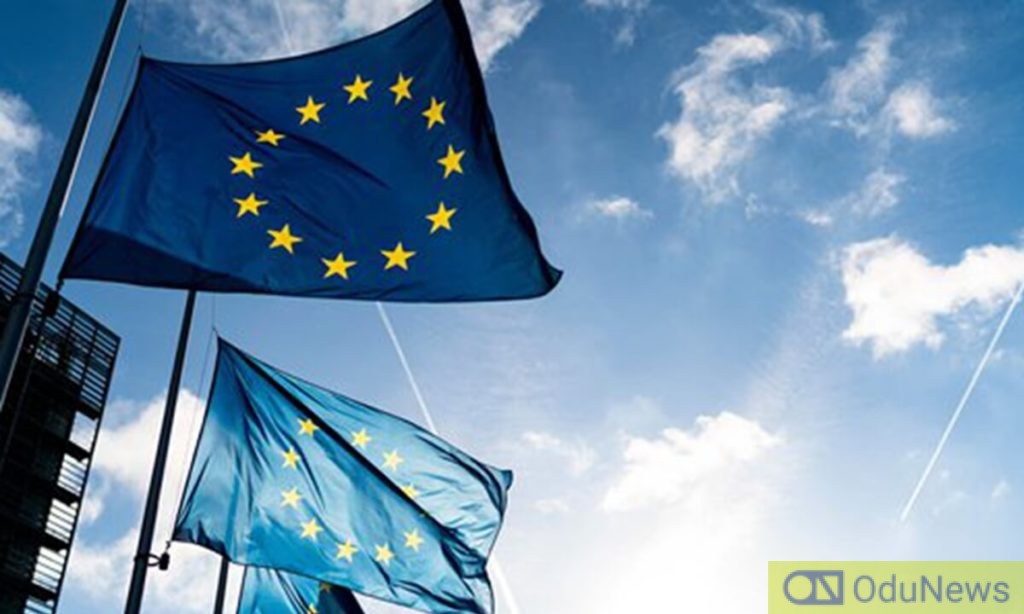Moldovan voters narrowly backed a referendum to amend the constitution and commit the country to European Union membership, with 50.08% voting “Yes” and 49.92% opposing the change. The tight outcome has sparked accusations of foreign interference and raised concerns about the nation’s political direction as it balances ties between the EU and Russia.
The Central Election Commission’s data, with over 98% of votes counted, showed the slim margin in favor of the “Yes” vote on Monday morning. However, the final results may still be influenced by votes cast abroad, with the Moldovan diaspora, largely supportive of EU integration, yet to be fully accounted for.
The referendum result was closer than many had anticipated, shocking observers who had expected a more decisive outcome. Moldova, a nation of 2.6 million people located between Romania and Ukraine, has been in talks with the EU about membership, and the referendum was seen as a way to solidify this path. However, the vote was non-binding, leaving the accession process legally unchanged but politically uncertain.
Pro-EU President Maia Sandu, who led the campaign for the “Yes” vote, expressed disappointment at the narrow result, alleging widespread vote-buying orchestrated by foreign actors. Sandu described the outcome as an “unprecedented assault on democracy,” claiming that external forces, specifically Russia, had interfered in the electoral process to sway votes. She cited “clear evidence” that 300,000 votes were purchased, describing it as “a fraud of unprecedented scale.” The Kremlin has denied any involvement.
The allegations stem from comments made by Ilan Shor, a Moldovan businessman and politician now based in Russia, who had earlier stated his intention to pay people to vote against the constitutional change or to abstain from voting. Despite these claims, Russia has refuted any accusations of interfering in the referendum.
Alongside the referendum, Moldovans also participated in a presidential election, where Sandu led with 41% of the vote. Her closest challenger, Aleksandr Stoianoglo, secured 27%, significantly higher than pre-election expectations. As no candidate obtained an outright majority, a run-off election is scheduled for November 3. Stoianoglo, who is backed by the pro-Russian Party of Socialists, has indicated that he does not support altering the constitution, though he has voiced support for Moldova’s “European aspirations.”
Political analysts suggest the upcoming run-off will be crucial, with a high possibility of Stoianoglo consolidating support from other candidates, potentially posing a serious challenge to Sandu’s re-election bid. Populist candidate Renato Usatii and former Gagauzia governor Irina Vlah, who placed third and fourth, respectively, may play key roles if their supporters align with Stoianoglo.
Sandu’s campaign for the EU referendum had framed it as a decision that would set the course for Moldova’s future. Despite the setback, she has vowed to continue pushing for closer ties with the EU, emphasizing the need for a stable economic environment and better opportunities for Moldovans.
Sandu’s headquarters in Chisinau had initially been prepared for a celebration, with supporters waving EU flags and anticipating a clear victory. But as early results showed a stronger-than-expected “No” vote from rural areas, the mood shifted. Many supporters left before the final count was announced, disheartened by the tight margin.
Turnout for the referendum was recorded at over 51%, validating the process. Observers note that many younger voters were eager to support EU membership, citing a desire for economic growth and a future aligned with Europe rather than Moscow. Some expressed frustration over being “pulled” towards Russia, decades after the Soviet Union’s dissolution.



Comments are closed.